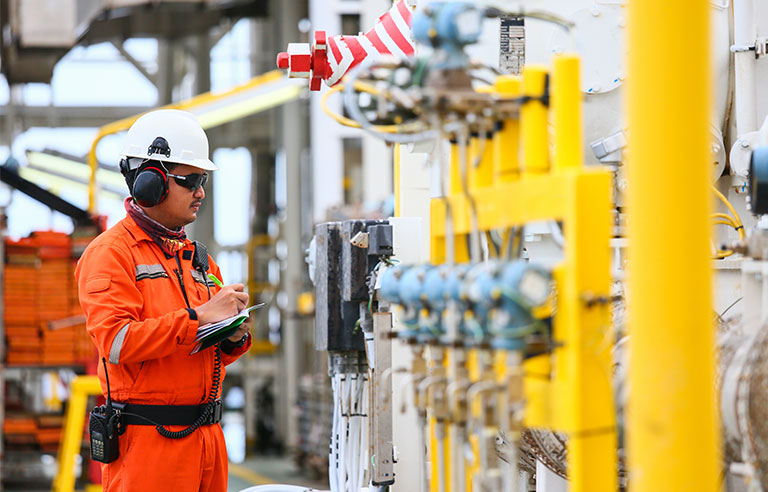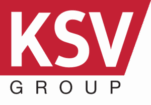Highly hazardous chemicals such as toxics, reactives, flammable liquids and gases are used in many industries such as food processing, chemical manufacturing, pharmaceuticals, plastics, paints, etc…. If not properly designed, maintained, and managed safely during manufacture, transport, storage, and use, these chemicals can cause disastrous incidents with significant property damage and potentially fatal-consequences.

OSHA and EPA both regulate industries with chemicals over certain threshold quantities through their Process Safety Management (PSM) and the Risk Management Plan (RMP) standards, respectively.
Industries covered by PSM and RMP requirements are more likely to:
- Be inspected by OSHA due to its National Emphasis Program for PSM which results in a higher weighted inspection allowing inspector to spend more time at a facility. Ammonia facilities will comprise 25% of all NEP inspections, chemical facilities 45% and all other PSM-covered facilities 30%.
- Incur citations averaging approximately $150,000 (25 citations on average) per inspection with the highest reported fine over $3,042,000 (93 citations).
- Have citations stemming from mechanical integrity, process safety information, process hazard analysis, operating procedures, and management of change, which make up approximately 80% of PSM citations.
Our team of experts can assist in navigating your team through the regulatory process of developing a compliant, but more importantly, an effective PSM / RMP Program by:
- Developing site specific procedures for the 14 elements of the PSM/RMP programs.
- Conducting process hazard analyses incorporating site specific process safety information to identify, evaluate, mitigate, and control potential hazards to an acceptable level of risk.
- Designing operating procedures and training for affected individuals on the normal and emergency startup and shutdown of covered processes.
- Performing mandatory compliance audits to evaluate PSM/RMP program effectiveness.
- Identifying equipment in the covered process and establish mechanical integrity inspections, testing and calibration schedules, piping and instrumentation drawings, as well as management of change and pre-startup safety review processes.
- Preparing and submitting reporting requirements such as EPA’s EPCRA 312 Tier II, 313 Toxic Release Inventory, Risk Management Plan, Homeland Security CFATS.
KSV Group provides comprehensive health, safety and environmental consulting services including regulatory compliance (OSHA, MSHA, DOT, EPA) risk evaluation and management, industrial hygiene, training, management systems, and staffing solutions.
